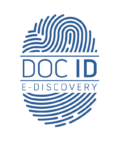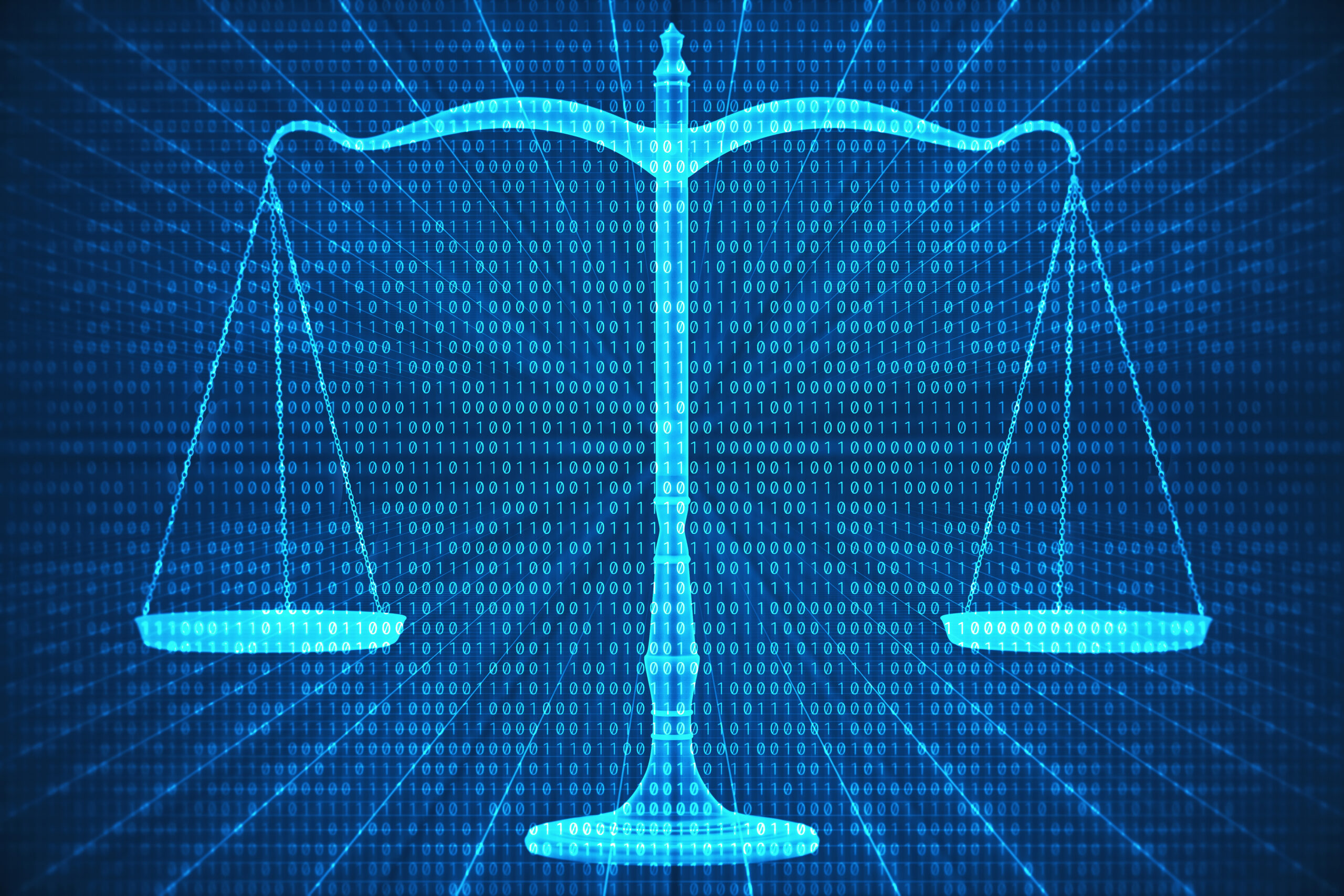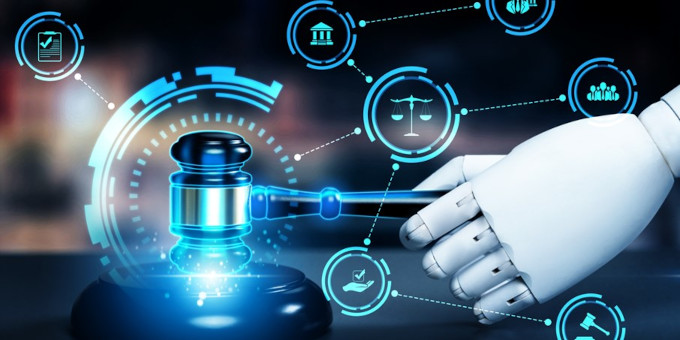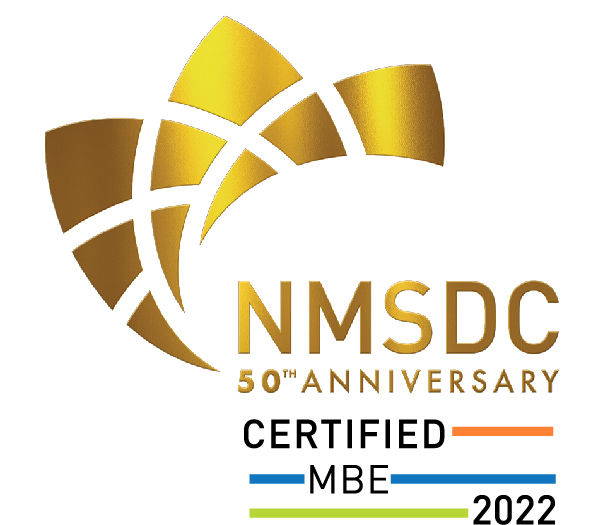Artificial intelligence has revolutionized the e-discovery process by drastically reducing the volume of documents attorneys must review and the cost to clients for them to do so. AI can tell us which documents are likely to be relevant, hot, and privileged through innovations in technology assisted review. If AI can accurately review documents, do we still need discovery counsel?
Even if our confidence increases in a computer’s ability to decide what is relevant and privileged, document review is only a fraction of the work performed by discovery counsel.
Prior to document review, discovery counsel oversees the collection of data. Defensible document collection cannot be automated by AI without significant risks of spoilation. New full-service office programs claim to be so easy to use that the unsophisticated user can preserve, collect, and export their data without hiring an expert to oversee the process. Is it realistic to believe that one program can automate the entire e-discovery process?
These programs have made electronic document collection much easier for e-discovery teams. However, relying on a one-size-fits-all program for defensible document collection is not realistic. Exporting data is not intuitive for all users. It is not as simple as “pushing a button.” In fact, users can inadvertently exclude several gigabytes of data without knowing it. Not identifying large gaps in collection until after the close of discovery can lead to sanctions. Even if gaps are identified much earlier, they can undermine a client’s confidence in their legal team.
The time, stress, and costs to hire an e-discovery expert to help re-collect data that must subsequently be reviewed for production far outweighs any costs saved by not doing so initially. Why not save time, money, and headaches by hiring and involving discovery counsel to oversee collection from the beginning?
As AI gets smarter, the size and scope of available communication platforms expands, making it increasingly difficult for one tool to offer full-service e-discovery automation. Collection is no longer as simple as imaging a laptop hard drive. We are collecting and reviewing text messages, instant messages, and mobile phone app communications for production. Custodial interviews are not obsolete. It is critical to understand how every custodian communicates and stores their data.
Now that we are collecting data from so many different sources, raw collection data volumes have increased. Reviewing hundreds of thousands of documents is rarely practical or possible. In some instances, the volumes are too large to be loaded to review platforms. The expert drafting and testing of search terms and other culling criteria is essential to cull data to a manageable size for review.
Drafting search terms for defensible data culling is not as easy as it sounds. If terms are too broad, they are ineffective at culling data to a manageable volume for review. If terms are too narrow, relevant documents will be missed. AI may assist in the drafting of search terms, but humans are needed to analyze search term hit reports and resulting documents to ensure defensibility.
ChatGPT is an AI chatbot that enables users use to ask questions and receive answers through AI technology. ChatGPT may become an effective tool to assist with drafting search terms. However, there are confidentiality concerns with how ChatGPT uses data it receives. AI used within review platforms can be restricted to maintain confidentiality of client data. The same is not yet true with ChatGPT, which could lead to ethical issues.
Predictive coding and continuous active learning are highly effective AI tools for culling document review volumes. However, attorneys are still wary of producing documents that no human eye has reviewed. Why?
Defensibility. AI can predict but not guarantee accurate coding. Predictive coding and continuous active learning use AI to train machine software to predict how documents should be coded based on the coding of similar documents. However, context matters. Machines can be trained to recognize that documents containing certain attorney names should be coded privileged. Yet not all documents containing an attorney’s name will be privileged. Similarly, documents containing no attorney name may be privileged.
Human document reviewers are also capable of making coding mistakes. But trust in human analysis still outweighs trust in AI analysis—for now.
Courtney Duncil
Moore & Van Allen
This article does not necessarily reflect the opinion of Bloomberg Industry Group, Inc., the publisher of Bloomberg Law and Bloomberg Tax, or its owners.
Author Information
Courtney Duncil serves as counsel for Moore & Van Allen’s litigation group, with a focus on discovery, and particularly electronic discovery.








Leave A Comment